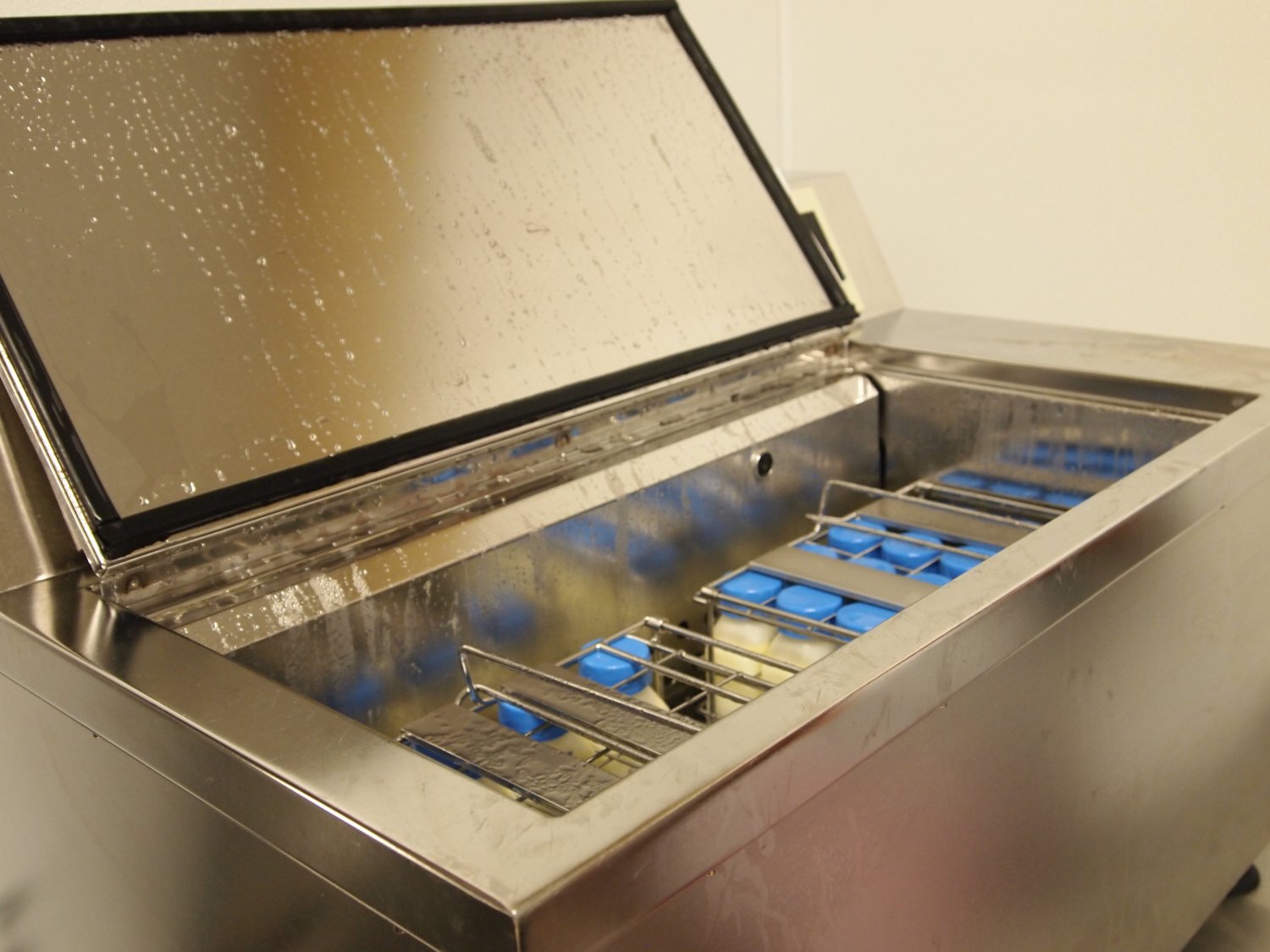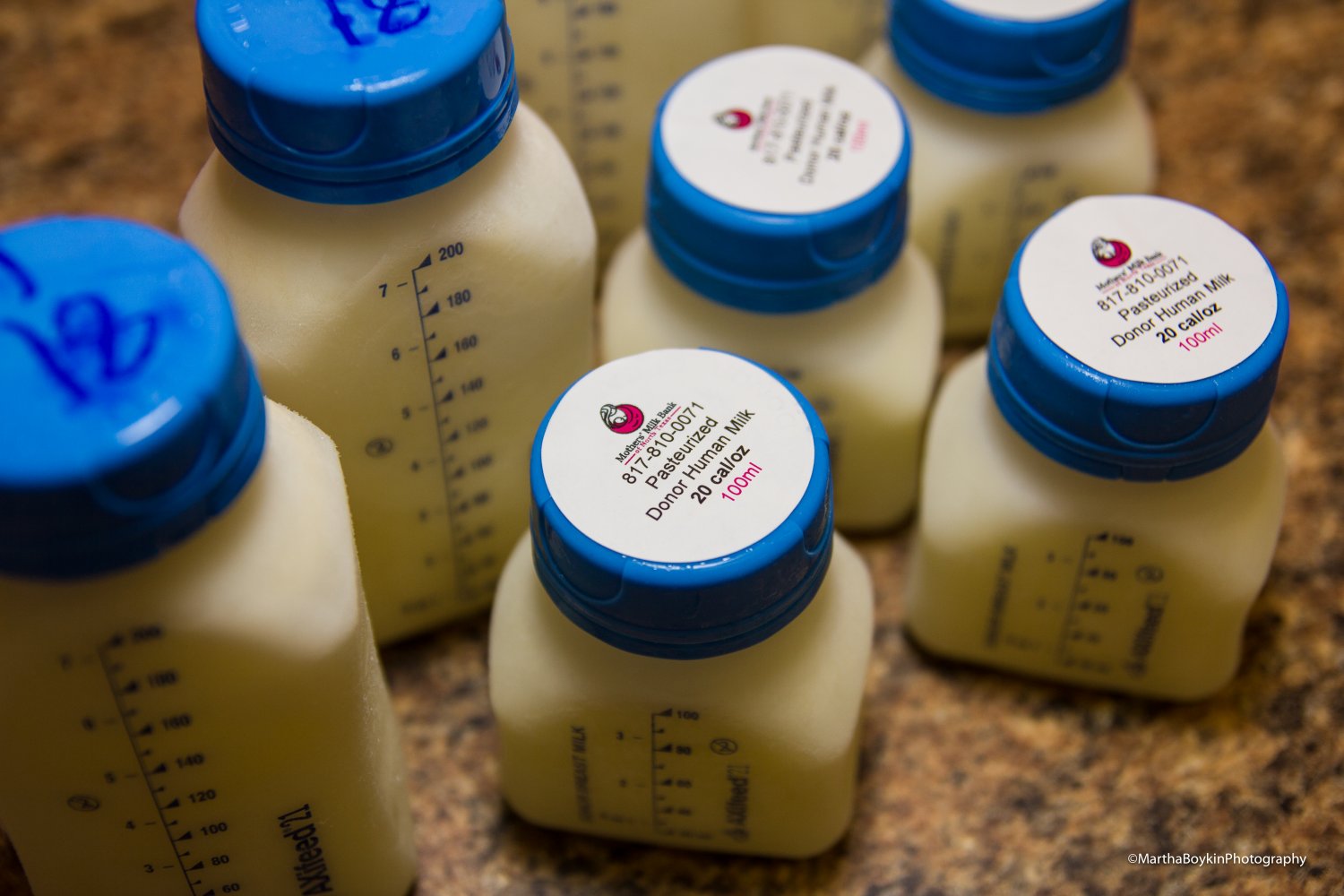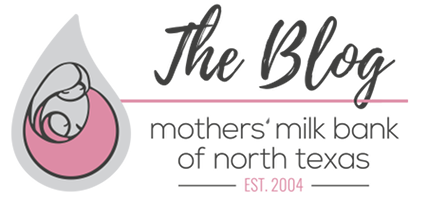MMBNT Research: Pasteurized Donor Milk is Safe from Ebola Virus
Wednesday, 3/8/2017
Earlier this year, the Journal of Human Lactation featured a study involving Mothers’ Milk Bank of North Texas clinicians. Take a look at our press release, republished below, to learn about the important work regarding breastmilk and Ebola virus:
According to a study published Jan. 30 in Journal of Human Lactation, donor human milk processed at non-profit milk banks is safe from Ebola and Marburg viruses.
The article “Ebola Virus and Marburg Virus in Human Milk Are Inactivated by Holder Pasteurization” states that Holder pasteurization inactivates the viruses, and no further screening is needed to ensure the safety of donor human milk (DHM) for high-risk infants.
Staff at Mothers’ Milk Bank of North Texas (MMBNT) began research on breast milk safety and Ebola in the fall of 2014, after the first case of Ebola in the United States appeared in Dallas. Staff screens potential milk donors using interviews, travel and medical history, physician clearance and blood testing to eliminate sick or unqualified donors, but minimal research exists regarding the safety of breast milk exposed to Ebola.
“Although the presence of Ebola in a breastfeeding mother would be extremely unlikely, safety for the fragile babies we serve is our top priority and we know that as a body fluid, breast milk is vulnerable,” Amy Vickers, Executive Director of MMBNT, said.
Vickers and MMBNT Medical Director Erin Hamilton-Spence, M.D., joined researchers from University of Texas Medical Branch and Galveston National Laboratory, both located in Galveston, Texas, to conduct the study. Researchers inoculated DHM samples with Ebola and Marburg viruses and processed them using Holder pasteurization.
They found no traces of either virus in the samples after pasteurization.
“We needed this research on Ebola and Marburg viruses in breast milk to ensure the safety of the donor human milk pool, in North America, and around the world,” Hamilton-Spence said. “I am grateful we had the opportunity to conduct this research, and affirm the safety of DHM processed in this way, no matter where the patients call home.”
Holder pasteurization is used in all non-profit milk banks governed by the Human Milk Banking Association of North America (HMBANA). This method heats DHM to 62.5 degrees Celsius for 30 minutes while placed in a water bath, which kills harmful bacteria and makes it safe for consumption.
DHM is the standard of care for premature and critically ill infants when their own mothers’ milk is not available. Mothers donate breast milk they produce in excess of their own babies’ needs to HMBANA milk banks, where DHM is then processed, pasteurized and sent to hospital neonatal intensive care units (NICUs) and outpatients in need.
For more information about Mothers’ Milk Bank of North Texas, click here.


